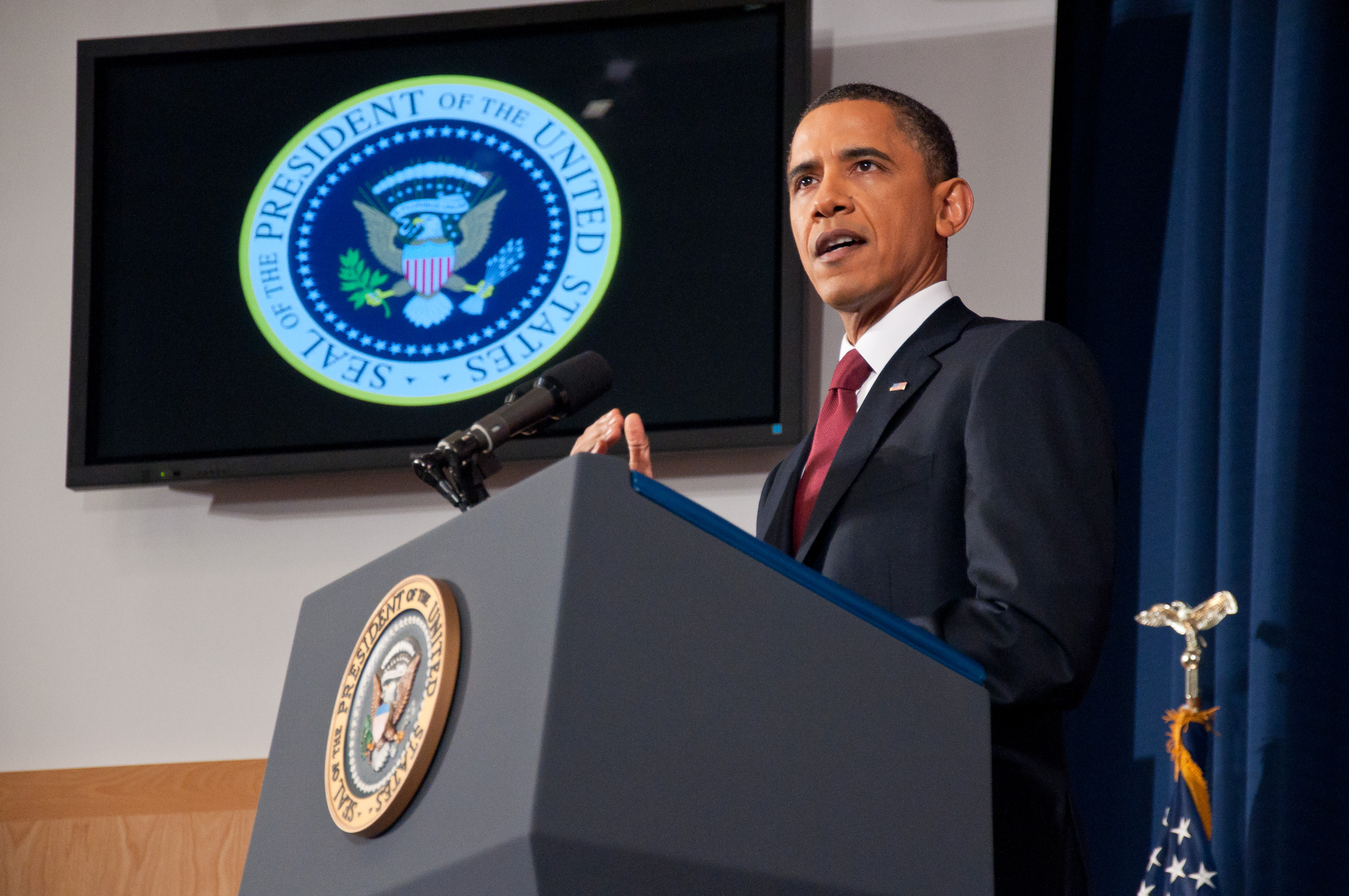|
Responsibility To Protect
The responsibility to protect (R2P or RtoP) is a global political commitment which was endorsed by the United Nations General Assembly at the 2005 World Summit in order to address its four key concerns to prevent genocide, war crimes, ethnic cleansing and crimes against humanity. The doctrine is regarded as a unanimous and well-established international norm over the past two decades. The principle of the responsibility to protect is based upon the underlying premise that sovereignty entails a responsibility to protect all populations from mass atrocity crimes and human rights violations. The principle is based on a respect for the norms and principles of international law, especially the underlying principles of law relating to sovereignty, peace and security, human rights, and armed conflict. The R2P has three pillars: #Pillar I: The protection responsibilities of the state – "Each individual state has the responsibility to protect its population from genocide, war ... [...More Info...] [...Related Items...] OR: [Wikipedia] [Google] [Baidu] |
United Nations General Assembly
The United Nations General Assembly (UNGA or GA; , AGNU or AG) is one of the six principal organs of the United Nations (UN), serving as its main deliberative, policymaking, and representative organ. Currently in its Seventy-ninth session of the United Nations General Assembly, 79th session, its powers, composition, functions, and procedures are set out in Chapter IV of the United Nations Charter. The UNGA is responsible for the UN budget, appointing the non-permanent members to the United Nations Security Council, Security Council, appointing the UN secretary-general, receiving reports from other parts of the UN system, and making recommendations through United Nations General Assembly resolution, resolutions. It also establishes numerous :United Nations General Assembly subsidiary organs, subsidiary organs to advance or assist in its broad mandate. The UNGA is the only UN organ where all member states have equal representation. The General Assembly meets under President of th ... [...More Info...] [...Related Items...] OR: [Wikipedia] [Google] [Baidu] |
